Robert Gould Shaw and the Enlistment of Black Soldiers in the Union Army
The story of Robert Gould Shae
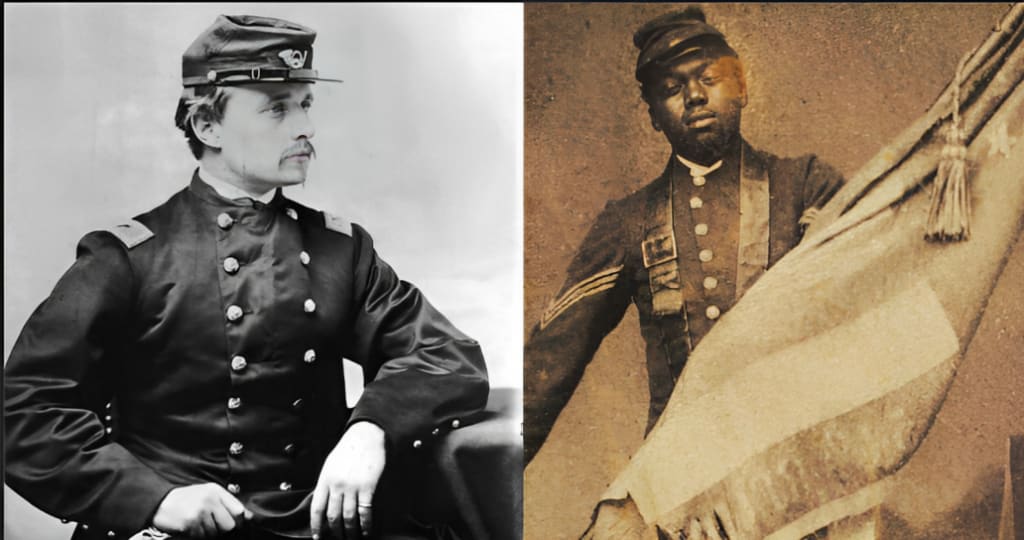
During the American Civil War, Robert Gould Shaw served as an officer in the Union Army. Shaw was born on October 10, 1837 in Dartmouth, Massachusetts.
Robert Gould Shaw supported the principle of equal treatment for all his troops and advocated for his men to refuse their pay until they received the same wages as white troops.
Life in the Military
At the start of the American Civil War, Robert Gould Shaw enlisted in the 7th New York Militia as a volunteer. On April 19, 1861, Shaw and his fellow soldiers marched down Broadway in Lower Manhattan as they headed towards Washington, D.C. to defend the capital.
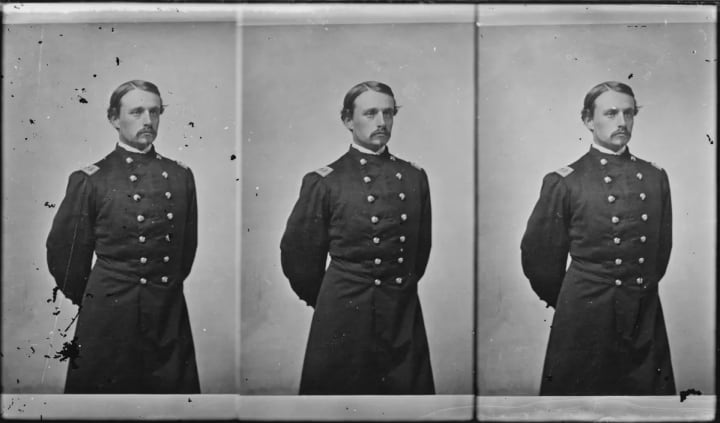
Initially, President Lincoln's call for volunteers was for a 90-day commitment, and after the three months, Shaw's regiment was disbanded.
Subsequently, Shaw joined the newly forming 2nd Massachusetts Infantry, which was composed of soldiers from his home state.
After enlisting in the 2nd Massachusetts Infantry, Robert Gould Shaw was commissioned as a second lieutenant in Company H on May 28, 1861. In the following 18 months, he fought alongside his fellow soldiers in several battles, including the first Battle of Winchester, the Battle of Cedar Mountain, and the devastating Battle of Antietam.
During this time, Shaw served both as a line officer in the field and as a staff officer for General George H Gordon. Despite being wounded twice, he continued to serve and was eventually promoted to the rank of captain by the fall of 1862.
Robert Gould Advocates the Enlistment of African American Soldiers
At the onset of the Civil War, abolitionists, including Massachusetts governor John A. Andrew, advocated for the enlistment of African Americans as soldiers to fight against the Confederacy. However, this proposal was met with significant opposition.
Many people believed that African American troops would be undisciplined, difficult to train, and prone to breaking and running away during battles. There was a general sentiment in the North that African American soldiers would be a liability and a source of embarrassment to regular army units.
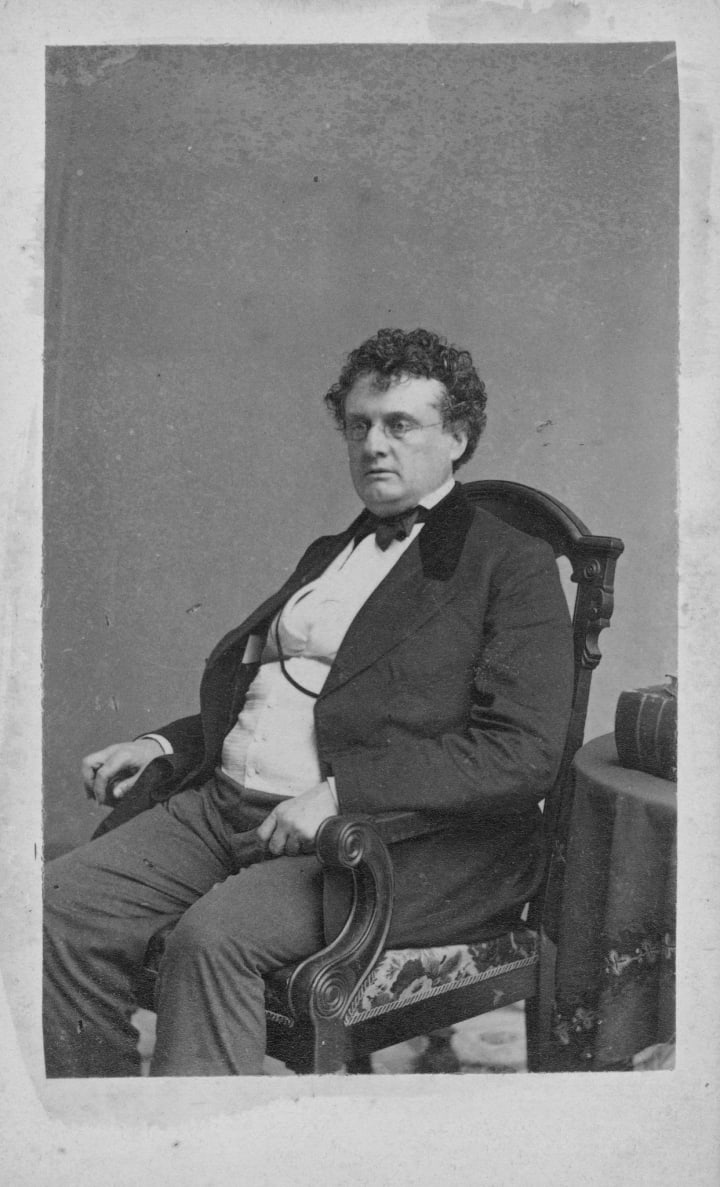
In early January 1863, Massachusetts Governor John A. Andrew traveled to Washington D.C. to meet with Secretary of War Edwin Stanton and once again advocate for the enlistment of African American troops in the Union army.
Stanton was persuaded by Andrew's argument, and on January 26th, 1863, he issued an order to Andrew to raise additional volunteer regiments for the Union army, stating that the new recruits could include individuals of African descent organized into special corps. Andrew wasted no time and quickly began raising such regiments, which led to the formation of the 54th Massachusetts Volunteer Infantry.
The 54th Massachusetts
Under the stern discipline of Shaw, the 54th Massachusetts regiment became one of the best-trained and well-drilled units in the entire U.S. Army.
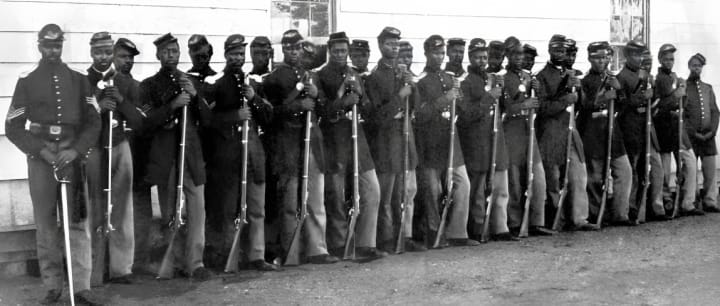
Shaw resisted the army's attempts to assign the 54th to raiding or manual labor, insisting that the regiment be given the chance to prove itself in combat. When the opportunity to lead an assault on Fort Wagner in South Carolina arose, Shaw eagerly volunteered his regiment.
Prior to the attack, Shaw addressed his men and reminded them that they were being watched by thousands, saying, "The eyes of thousands will look on what you do tonight."
Despite facing daunting odds, Shaw fearlessly led around 650 of his men into the attack on Fort Wagner on July 18, 1863. In the fierce battle that ensued, Shaw was fatally wounded by enemy fire while leading his troops.
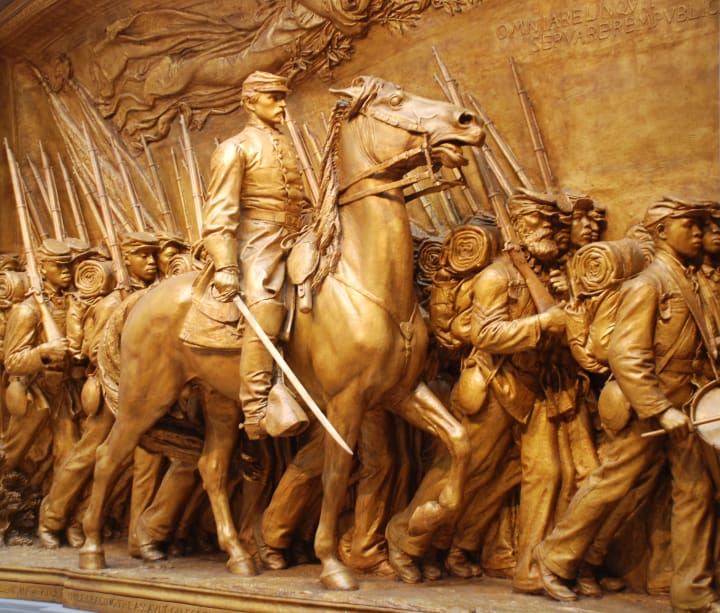
Following his death, the Confederates buried Colonel Shaw in a mass grave, intending it as an insult to the leader of the Black regiment. Later, when Shaw's father was offered the opportunity to move his son's body to an officers' cemetery, he directed that his son be left in the place of honor alongside his fallen men.
Although Shaw did not initially join the war effort to end slavery, his leadership of the 54th Massachusetts regiment and their collective heroism at Fort Wagner had a significant impact on the enlistment of Black soldiers in the Union army.
The regiment's bravery and sacrifice inspired many African Americans to enlist, and by the end of the war, over 180,000 Black soldiers had served in the Union army.
References:
About the Creator
Rare Stories
Our goal is to give you stories that will have you hooked.
This is an extension of the Quora space: Rare Stories
X(formerly Twitter): Scarce Stories
Official Bookstore: davidkellertruecrime
Writers:
....xoxo
Enjoyed the story? Support the Creator.
Subscribe for free to receive all their stories in your feed. You could also pledge your support or give them a one-off tip, letting them know you appreciate their work.




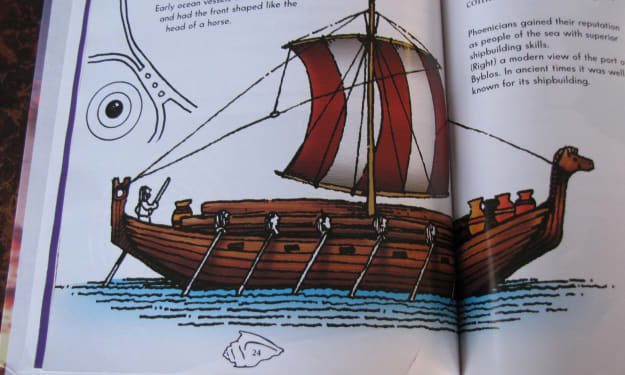

Comments
There are no comments for this story
Be the first to respond and start the conversation.